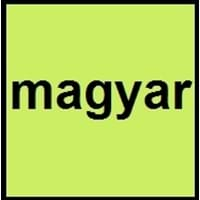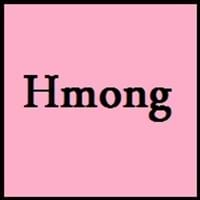Hungarian vs Hmong
- Hungarian language has only preserved most of its ancient elements.
- 'Magyar' is the Hungarian name for the language, the 'Magyar' is also used as an English word to refer to Hungarian people.
- Hmong language may not be so popular at first sight, but it has rich history and various dialects are spoken by millions of people.
- Hmong language came from western part of China.
Hungarian and Hmong Language History
Comparison of Hungarian vs Hmong language history gives us differences between origin of Hungarian and Hmong language. History of Hungarian language states that this language originated in 1192 AD whereas history of Hmong language states that this language originated in 19. Family of the language also forms a part of history of that language. More on language families of these languages can be found out on Hungarian and Hmong Language History.
Hungarian and Hmong Greetings
People around the world use different languages to interact with each other. Even if we cannot communicate fluently in any language, it will always be beneficial to know about some of the common greetings or phrases from that language. This is where Hungarian and Hmong greetings helps you to understand basic phrases in Hungarian and Hmong language. Hungarian word for "Hello" is szia or Hmong word for "Thank You" is Ua tsaug (Oua jow). Find more of such common Hungarian Greetings and Hmong Greetings. These greetings will help you to be more confident when conversing with natives that speak these languages.
Hungarian vs Hmong Difficulty
The Hungarian vs Hmong difficulty level basically depends on the number of Hungarian Alphabets and Hmong Alphabets. Also the number of vowels and consonants in the language plays an important role in deciding the difficulty level of that language. The important points to be considered when we compare Hungarian and Hmong are the origin, speaking countries, language family, different greetings, speaking population of these languages. Want to know in Hungarian and Hmong, which language is harder to learn? Time required to learn Hungarian is 44 weeks while to learn Hmong time required is 44 weeks.





